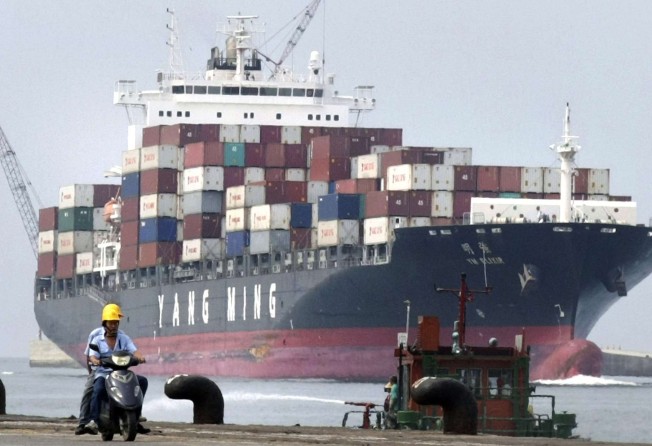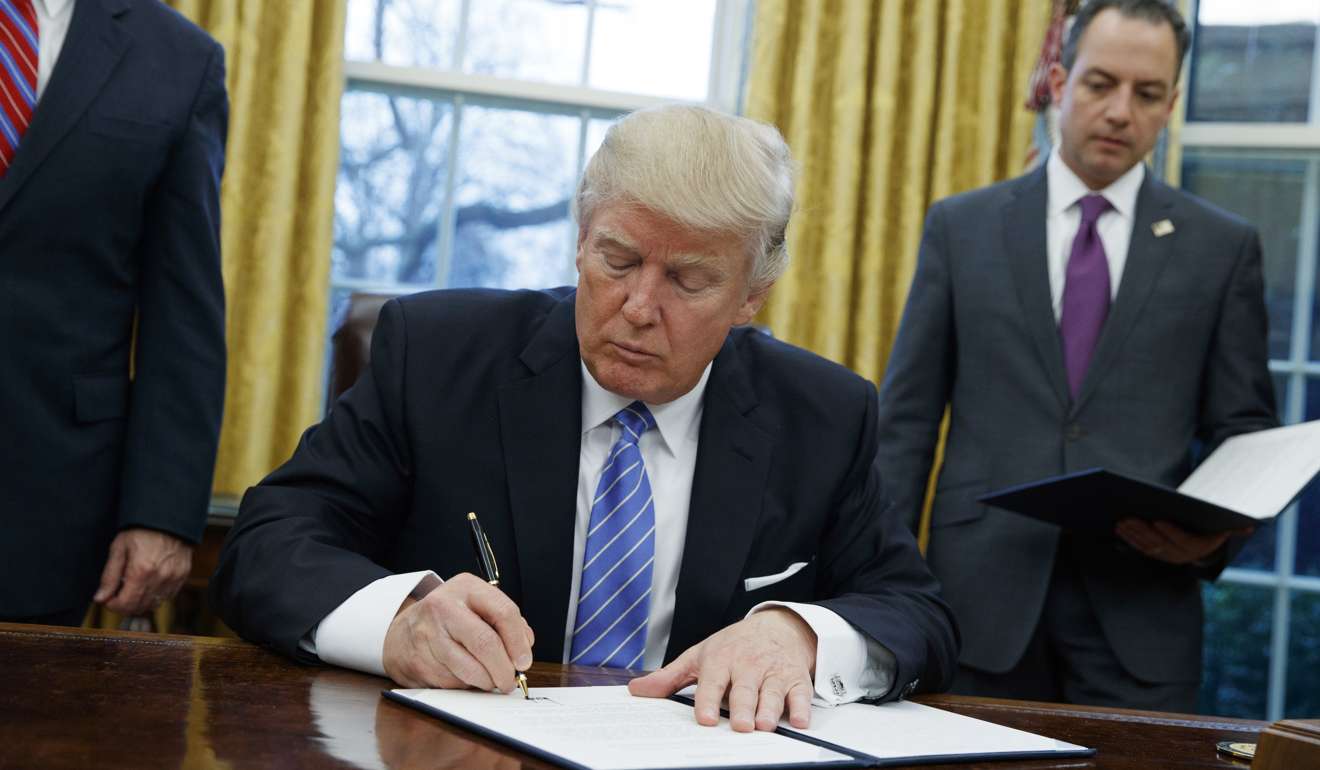Promised land of Trumpflation-inspired global stimulus has been slow off the mark
International markets have become disturbingly detached from the underlying fundamentals

For binge-buying investors who are long of the global stock market rally, it really is happy days.
And they should lap it up while they can as it is likely to be a much bumpier ride up ahead.
As sure as night follows day, when markets tend to get ahead of themselves in a buying frenzy, busts are sure to follow.
While global stock market indices are hitting the big time and notching up new record highs, it is a tough call pouring water on the rally, especially while the world’s central banks keep stoking the furnaces with so much cheap and easy money.
But there is a myriad of reasons why investors should take a more circumspect look at what is coming up ahead and start thinking about hedging their bets.
Call it high jinks, irrational exuberance or just plain recklessness, markets are becoming disturbingly detached from the underlying fundamentals, leaving investors very vulnerable. Global politics is starting to turn nasty.
Perpetual easy money is coming to an end. The financial markets are digging themselves into a new hole of risk. And next time markets hit a major crisis, there may be no one left to save the day.
Investors expecting a promised land of Trumpflation-inspired global stimulus are getting a nasty reality check now.
US President Donald Trump is having so much trouble getting out of the starting blocks in his first month of office the chances of orchestrating a coherent and successful supply-side economic revolution in the next few years are looking increasingly in doubt.
The worry is that Trump is not winning hearts and minds – either at home or abroad.
Democrats remain deeply opposed to his economic plans, key Republicans remain unconvinced and Trump seems determined to blow holes in strategic economic and political relationships abroad.
While Trump’s “America first” doctrine might sound great for domestic consumption, it could be more of a bane than a boon for global growth.

Trump has already pole-axed the Trans-Pacific Partnership trade deal with Asian and Pacific nations and started to wave a stick at China, Europe and Mexico over unfair trade practices. A return to increased trade protectionism would blow a big hole in global recovery hopes.
This is the moment the world needs stronger leadership and good statesmanship. But Trump is putting relations with Europe in jeopardy over his support for Brexit and equivocation over Russian sanctions. And Trump’s implied hostility towards key international bodies like the United Nations, the International Monetary Fund, the World Trade Organisation and Nato hardly helps the process promoting global political stability, economic prosperity and world peace.
The world could be looking for a strong world leader a lot sooner than imagined. It seems like the world has not learned its lessons from the financial crash of 2008.
In the past nine years, consumers, businesses, governments and investors have loaded up a truckload of new debt – reckoned to have grown close to US$60 trillion since 2008.
It may be fine with global interest rates and yields close to rock-bottom levels, but as soon as borrowing costs start to rise more sharply, the world will be in mortal danger again.
Trouble could come from a wide array of causes. Debt defaults in Europe, a credit event in emerging markets or the risk of another US financial scandal could bring global markets to their knees again. There are fears that the boom in US and British car finance could spark a new subprime crisis and the next financial crash.
It may be fine with global interest rates and yields close to rock-bottom levels, but as soon as borrowing costs start to rise more sharply, the world will be in mortal danger again
Last time round, former president Barack Obama dealt with the 2008 crash by bailing out insolvent US banks, mortgage lenders, insurers and car companies, halving the US jobless rate to 5 per cent. US recovery was co-ordinated with other major economies to bootstrap better bounce back across the globe.
There would be no guarantee this would happen next time under Trump, especially given his free-market leanings. Even more reasonable Republican voices like Senator John McCain were suggesting, at the time of the 2008 crash, to let some big troubled banks fail. If this had happened, the US financial markets would have become another rust-belt in the economy.
For the economy’s sake, it all boils down to keeping up appearances. Trump needs to sound pro-growth, he needs to sound statesmanlike and he needs to build better international bridges.
On the first inkling of failure to hit the Promised Land of 4 per cent US gross domestic product growth, global stock market confidence will implode.
David Brown is chief executive of New View Economics
The article has been amended to fix typographical errors
